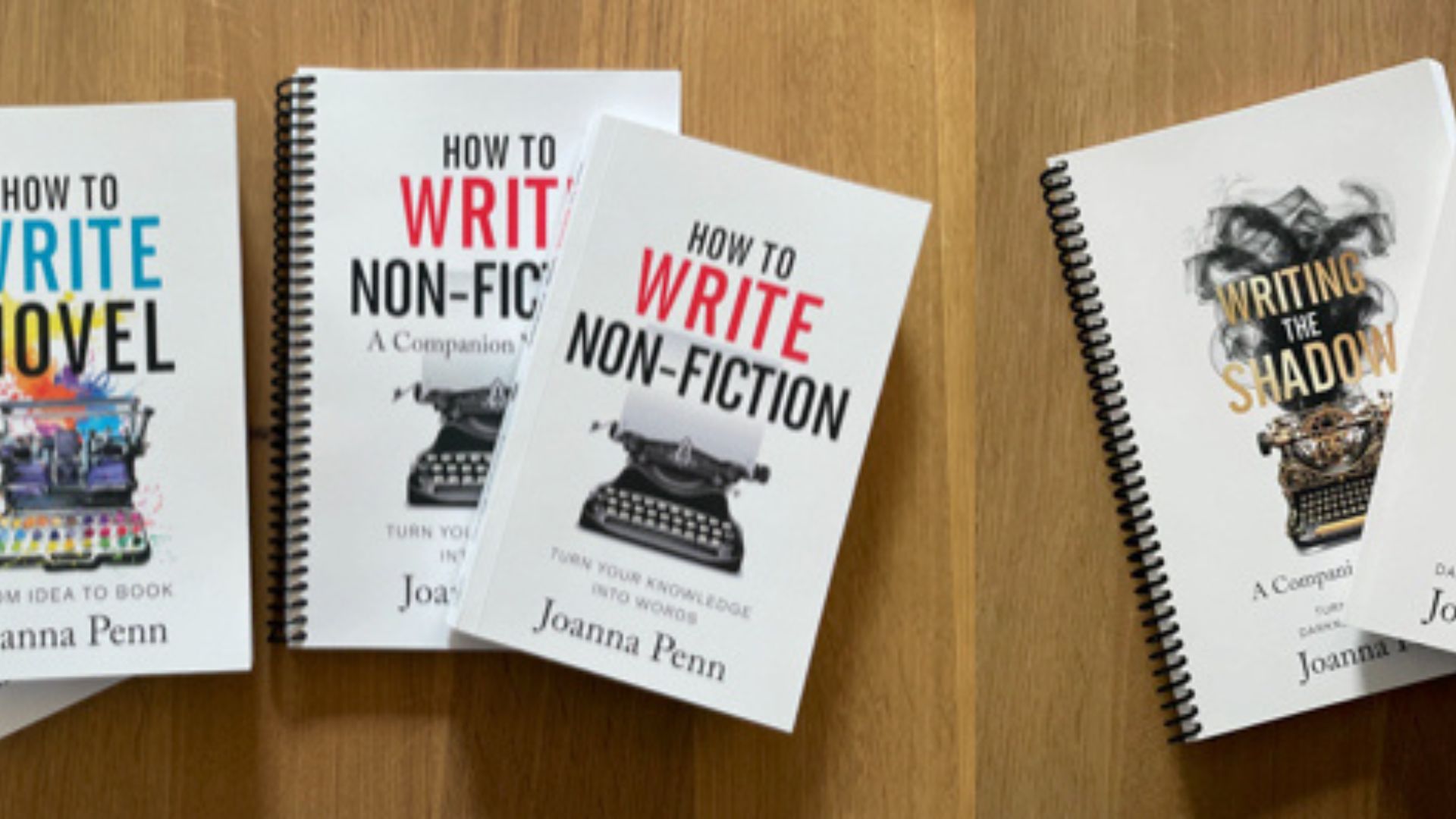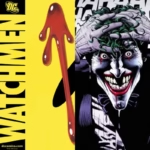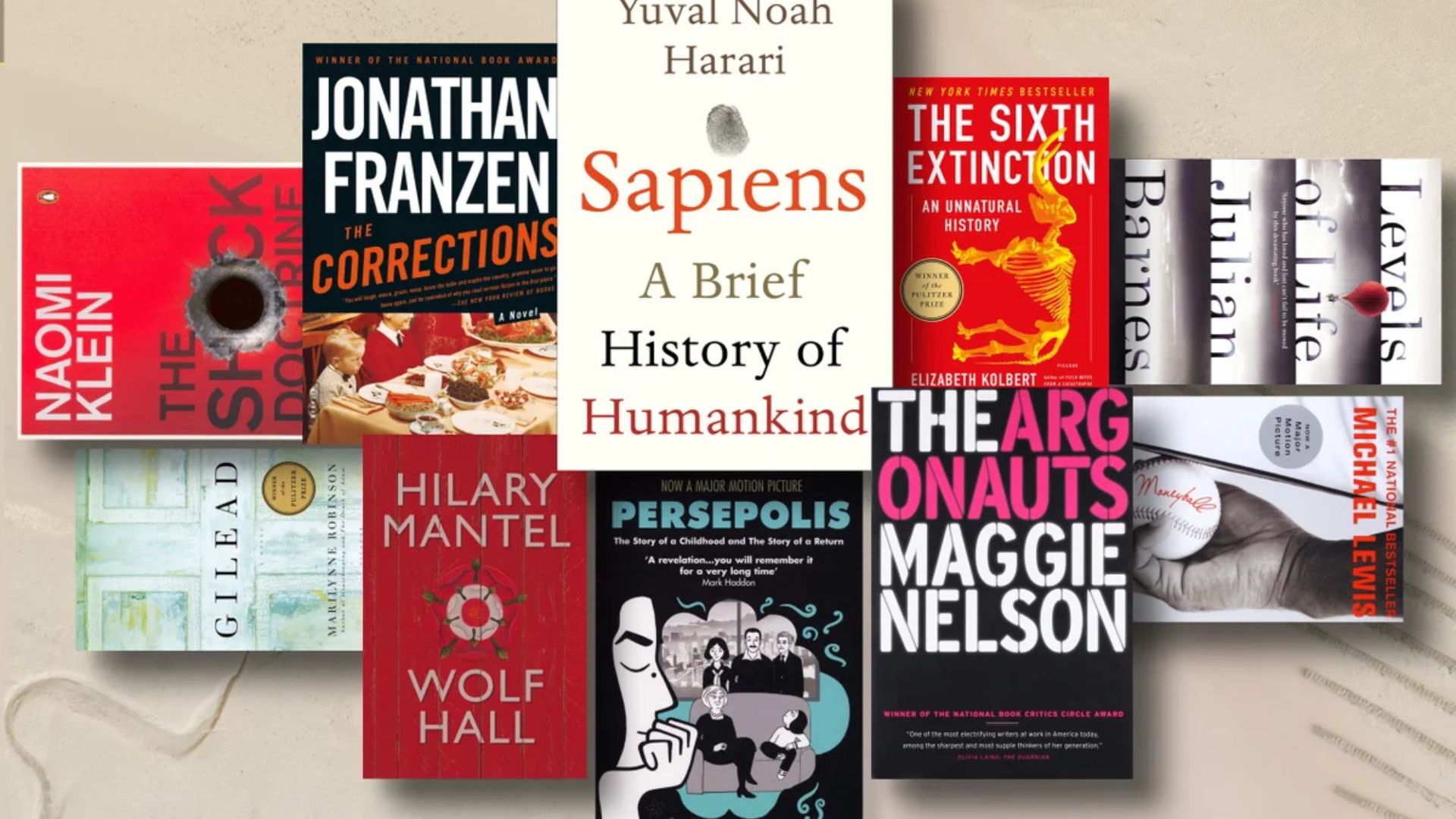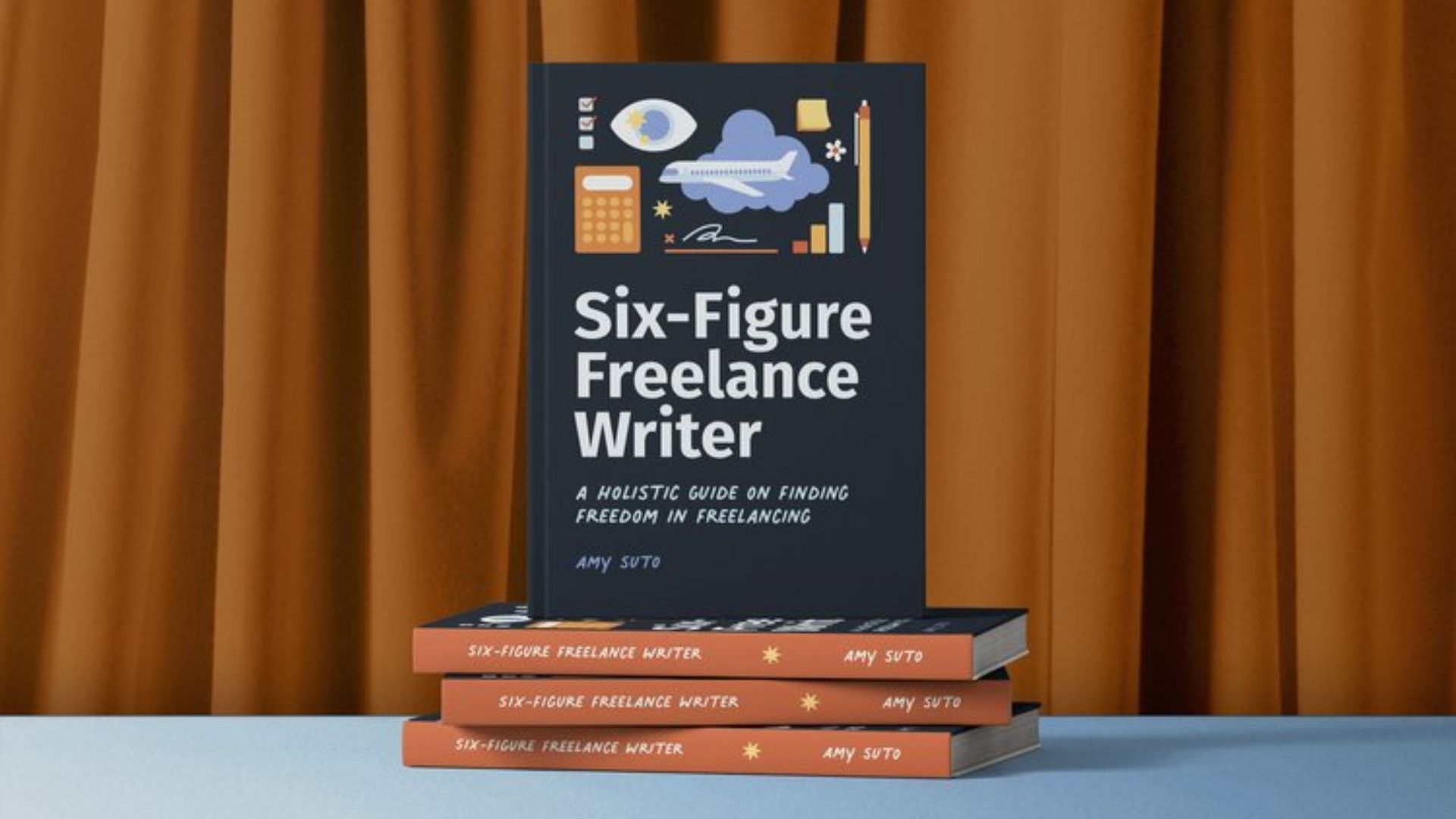
Some authors don’t just write books—they change the entire literary landscape. These writers have pushed boundaries, challenged conventions, and redefined how we think about storytelling. Through their bold ideas, unique styles, and innovative approaches, they have reshaped the writing industry. In this article, we will explore book authors who changed the writing industry and left a lasting impact on literature.
1. William Shakespeare: The Father of Modern English
William Shakespeare’s impact on literature cannot be overstated. He is often regarded as the greatest playwright and poet in the English language. His works, including Romeo and Juliet, Hamlet, and Macbeth, have influenced generations of writers and readers. Shakespeare expanded the possibilities of drama and poetry, introducing complex characters and themes. His mastery of language, use of iambic pentameter, and exploration of human nature helped lay the foundation for modern English literature. His influence continues to shape the way we write, read, and understand stories today.
2. Jane Austen: A Voice for Social Commentary
Jane Austen is another author who changed the writing industry with her keen observations of society and relationships. Her novels, such as Pride and Prejudice, Sense and Sensibility, and Emma, blended romance with social critique. Austen’s exploration of class, marriage, and gender roles was groundbreaking. She created strong, independent female protagonists who navigated complex social expectations, paving the way for future women writers. Her witty, character-driven stories have inspired countless adaptations and continue to resonate with readers around the world. Austen helped redefine the novel as a form for both entertainment and social commentary.
3. Charles Dickens: The Voice of the Working Class
Charles Dickens is known for his vivid portrayal of Victorian society and his critique of social injustice. His works, including A Tale of Two Cities, Oliver Twist, and Great Expectations, brought attention to the struggles of the poor and marginalized. Dickens used his writing to highlight issues like child labor, poverty, and the failures of the social system. His ability to create unforgettable characters, like the miserly Scrooge and the orphaned Oliver, has made him a literary giant. Dickens’ novels often serialized in magazines, helping to democratize literature and make it accessible to the masses.
4. Virginia Woolf: Innovating Modernist Fiction
Virginia Woolf was a leading figure in the modernist movement. Her experimental use of stream-of-consciousness and narrative fragmentation revolutionized storytelling. Books like Mrs. Dalloway, To the Lighthouse, and Orlando challenged traditional narrative structures. Woolf’s exploration of time, memory, and identity had a profound impact on the development of modern fiction. She also helped establish the idea that the personal is political, especially through her essays on gender and the role of women in society. Woolf’s contributions to literature have shaped the way we think about narrative and the complexities of the human mind.
5. J.K. Rowling: Bringing Magic to the World
J.K. Rowling changed the writing industry in a way few others have. Her Harry Potter series not only captivated readers around the world but also sparked a renaissance in children’s literature. Rowling’s creation of a magical world filled with relatable characters, complex themes, and intricate plotlines helped redefine the fantasy genre. Her books brought back the joy of reading for children and adults alike, inspiring an entire generation. Beyond her writing, Rowling’s success also paved the way for a new wave of publishing opportunities, including film adaptations, theme parks, and fan communities. Her influence on the literary world is unmatched, and she continues to inspire both writers and readers.
6. Toni Morrison: Redefining African American Literature
Toni Morrison was a trailblazer in the field of African American literature. Her novels, including Beloved, Song of Solomon, and Sula, delve into the complexities of race, identity, and history in America. Morrison’s lyrical prose and haunting storytelling raised the profile of African American voices in literature. Through her work, she brought attention to the experiences of Black Americans, particularly in the context of slavery and its aftermath. Morrison’s work has been widely recognized for its power and importance, earning her the Nobel Prize in Literature in 1993. Her writing continues to inspire and challenge readers to think deeply about race, memory, and social justice.
7. George Orwell: A Master of Political Allegory
George Orwell is best known for his political writings, particularly his novels 1984 and Animal Farm. Orwell used his sharp insights and biting satire to critique totalitarian regimes and social inequality. His depiction of a dystopian future in 1984 has shaped how we think about surveillance, freedom, and government control. Meanwhile, Animal Farm uses allegory to explore the corruption of revolutionary ideals. Orwell’s writing has influenced political discourse and continues to be relevant in discussions about freedom, power, and propaganda. His ability to make complex political themes accessible to a wide audience has left a lasting mark on the writing industry.
8. Agatha Christie: The Queen of Mystery
Agatha Christie revolutionized the mystery genre with her clever plots and unforgettable detectives. Her novels, including Murder on the Orient Express, The Murder of Roger Ackroyd, and And Then There Were None, set the standard for whodunits. Christie’s creation of iconic characters like Hercule Poirot and Miss Marple brought a fresh perspective to detective fiction. Her ability to craft intricate, surprising plots made her one of the best-selling authors of all time. Christie’s influence on mystery writing is undeniable, and her works continue to be adapted for film, television, and stage.
9. Haruki Murakami: Blending the Surreal with the Real
Haruki Murakami is known for his unique blend of surrealism, magical realism, and contemporary fiction. Books like Norwegian Wood, Kafka on the Shore, and 1Q84 feature strange, dream-like events set in ordinary worlds. Murakami’s work often explores themes of loneliness, existentialism, and the search for meaning. His distinct style—mixing pop culture references with philosophical questions—has earned him a dedicated global following.
10. Stephen King: Defining Modern Horror
Stephen King is perhaps the most famous author of modern horror fiction. With books like Carrie, The Shining, and It, King has defined the genre and has become a household name. His ability to tap into universal fears, combined with his talent for creating rich, multidimensional characters, set him apart from other horror writers. King has written across multiple genres, including suspense, fantasy, and psychological thrillers, making him one of the most versatile authors of his time. His work continues to shape the horror genre, and his influence extends to film, television, and popular culture.
Conclusion
In conclusion, the authors mentioned above didn’t just write books—they transformed the literary world. From William Shakespeare’s impact on language to J.K. Rowling’s influence on children’s literature, these writers changed the way we approach storytelling. Their work continues to inspire, challenge, and entertain readers all over the world. Whether through social commentary, genre-defying narratives, or new ways of thinking, these authors left a legacy that will influence the writing industry for generations to come.









